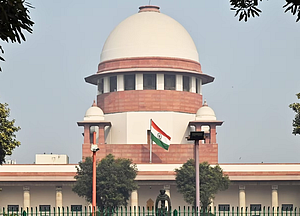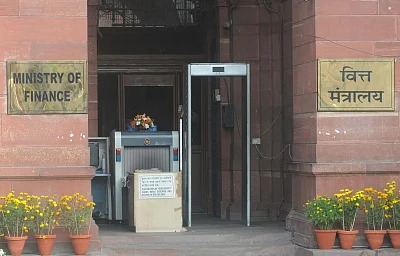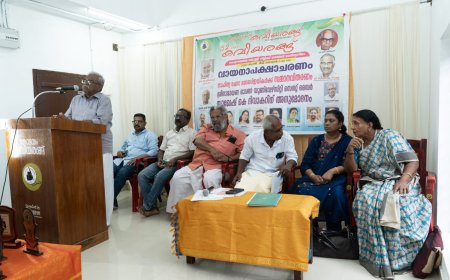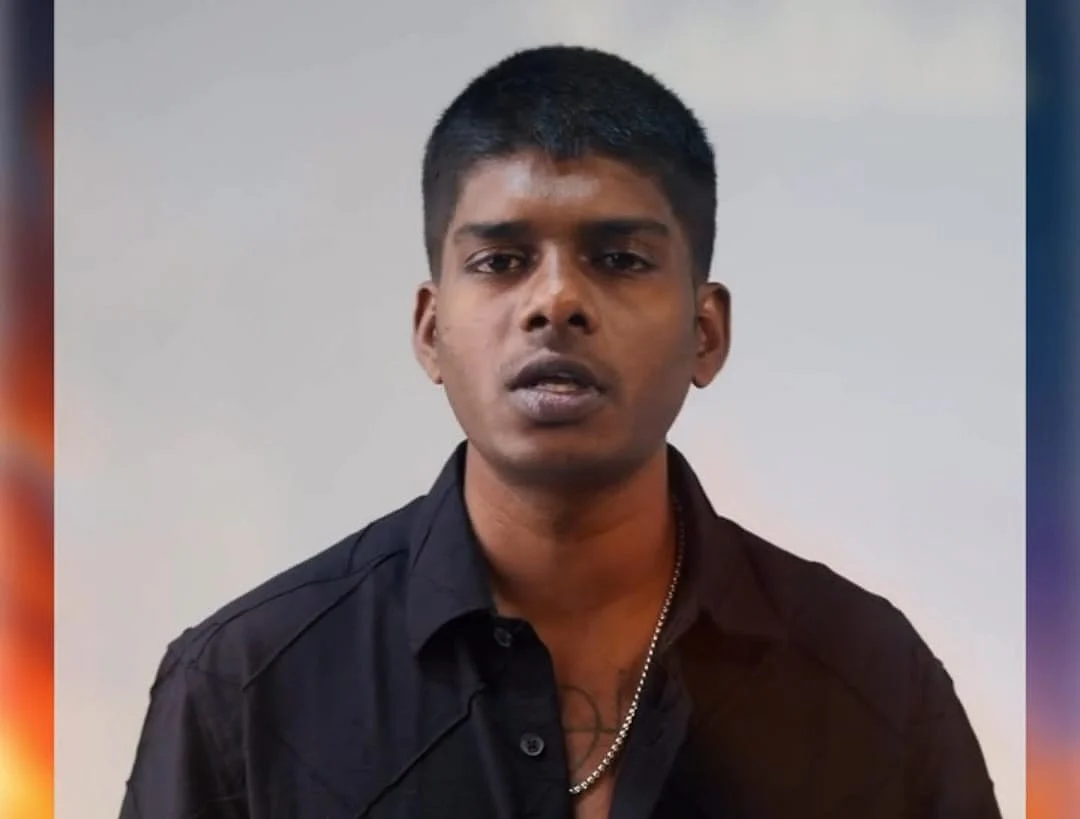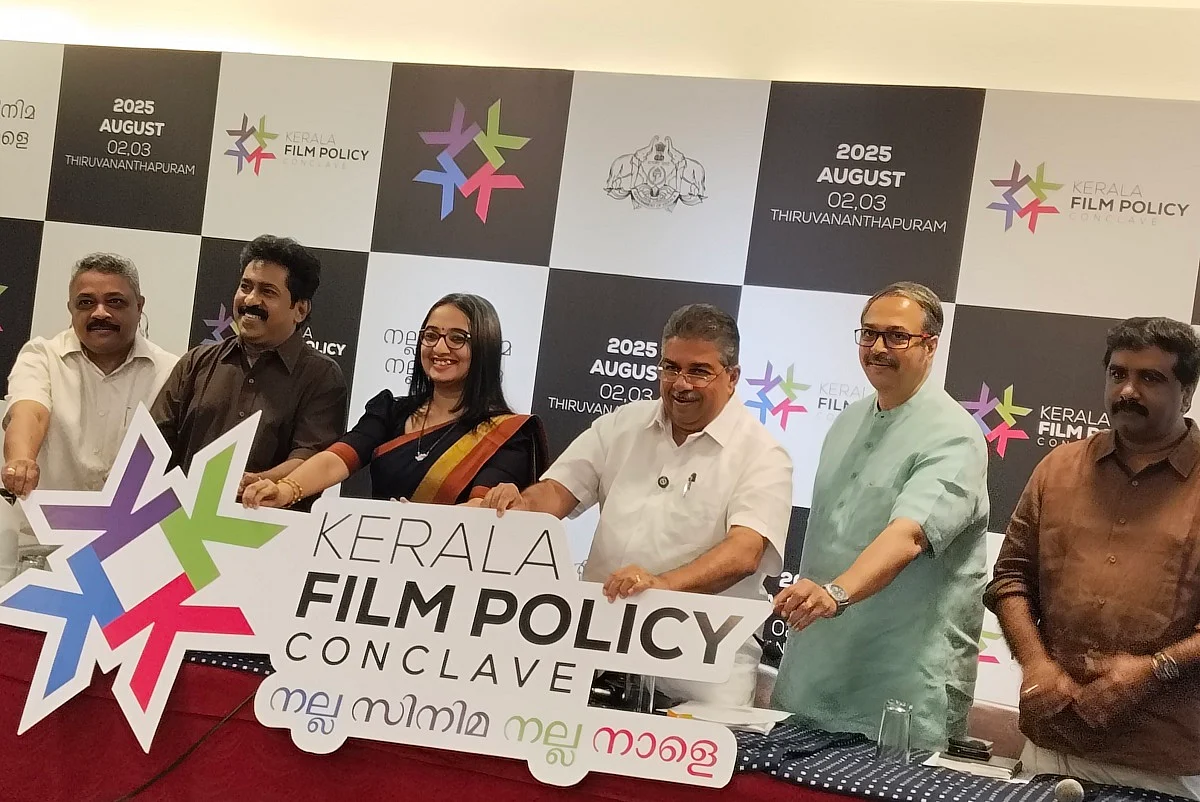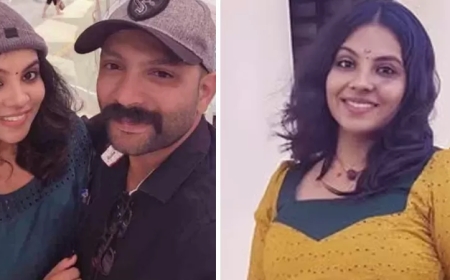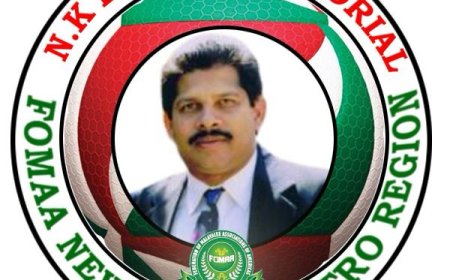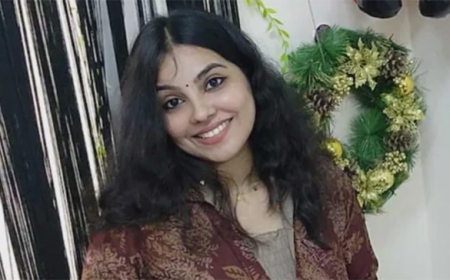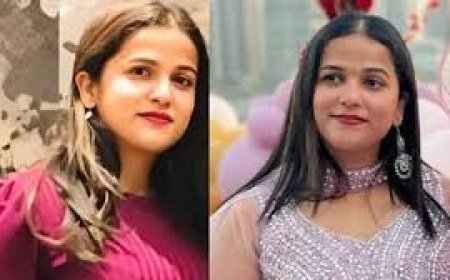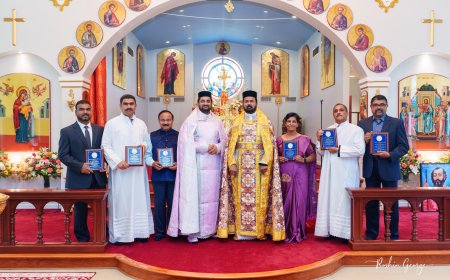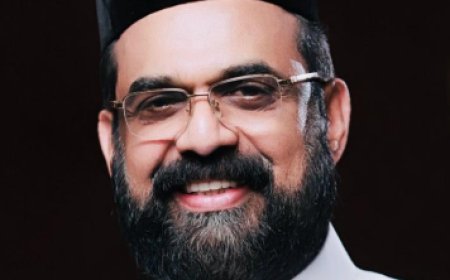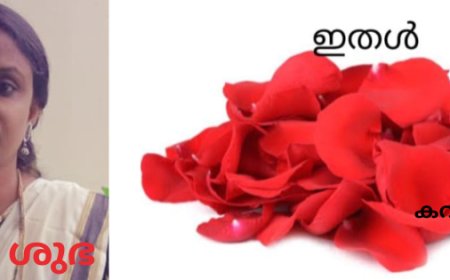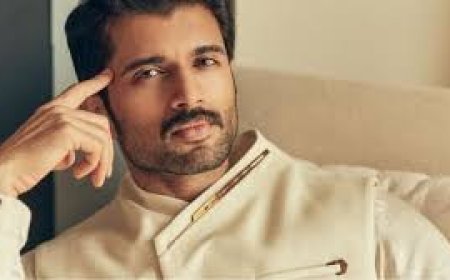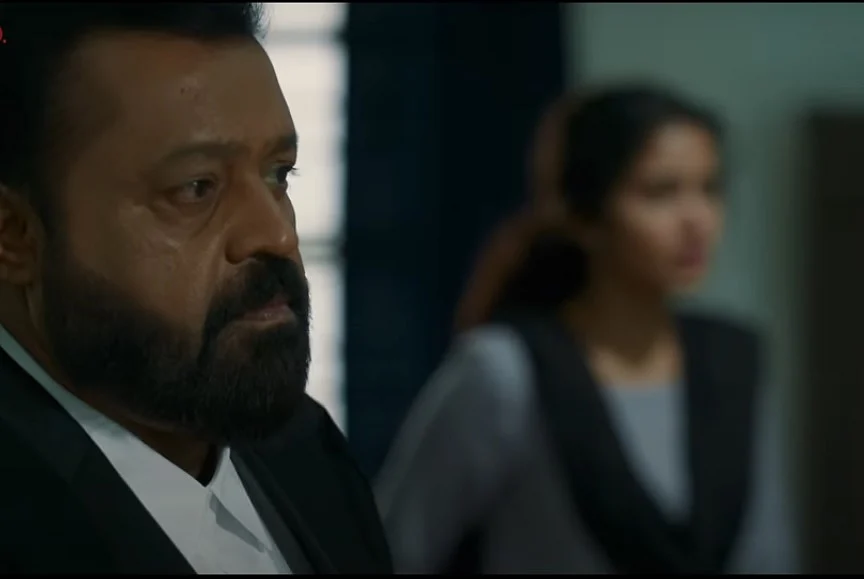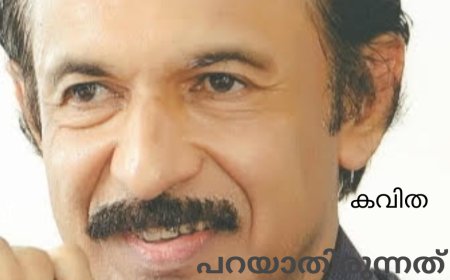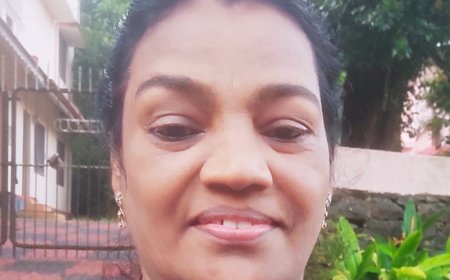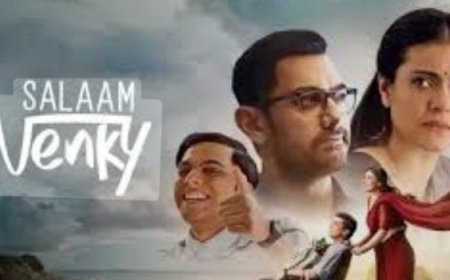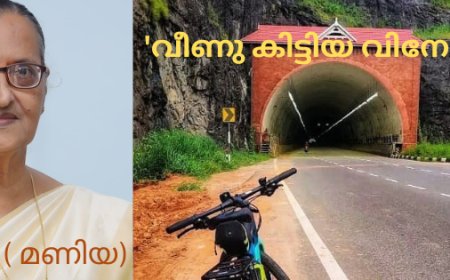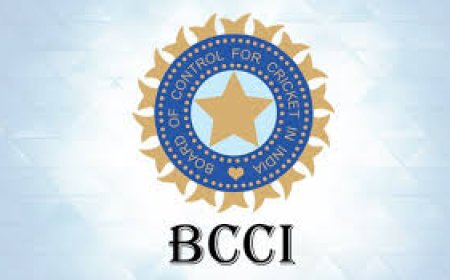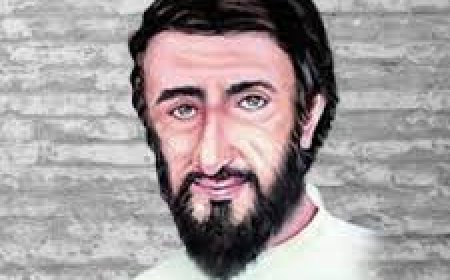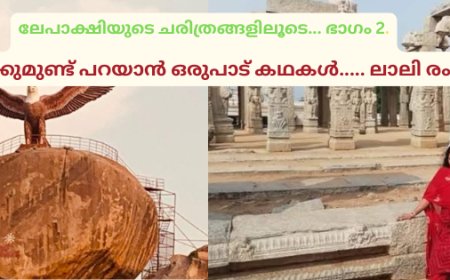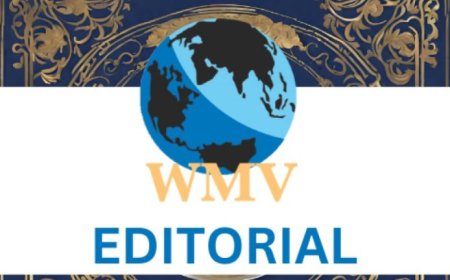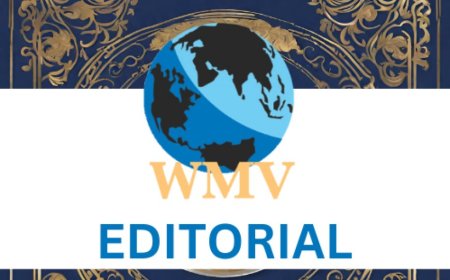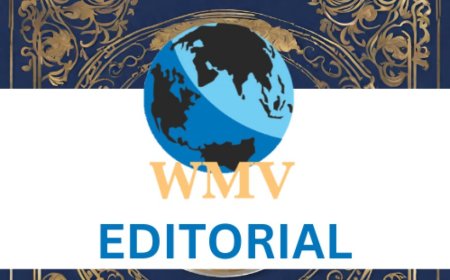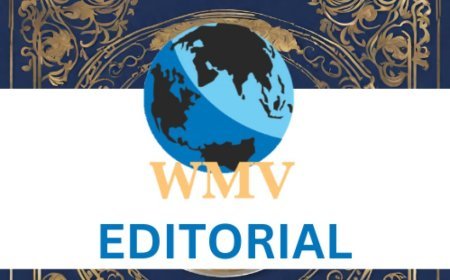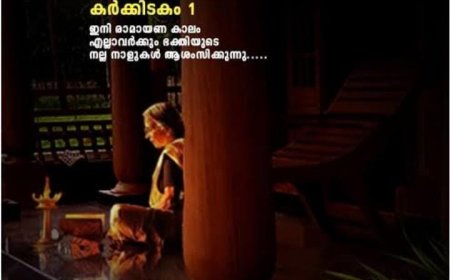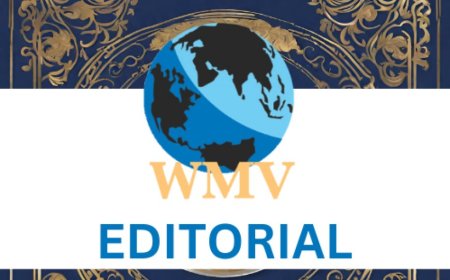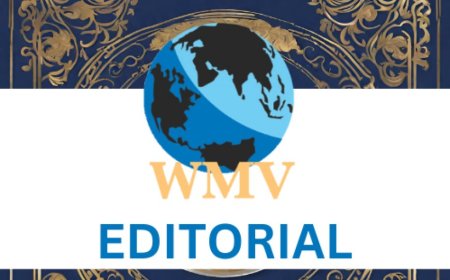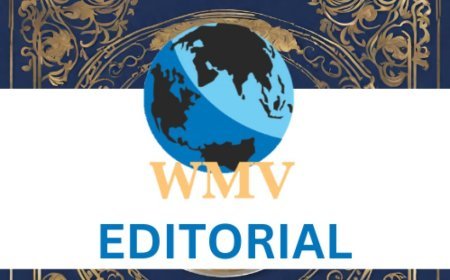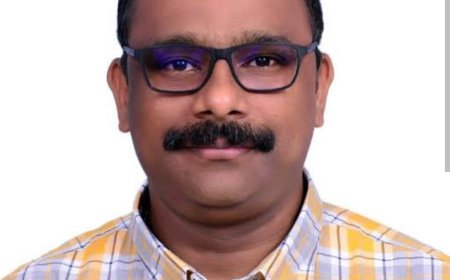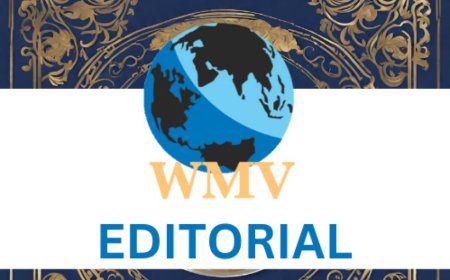Modi calls for urgent reform of global institutions at Brics summit
Modi said global governance institutions such as the UN Security Council, International Monetary Fund, World Bank and World Trade Organization must be overhauled to reflect 21st-century realities.

PRIME Minister Narendra Modi on Monday called for urgent reforms to global “governance institutions”, underlining the need to give developing countries a stronger voice in international decision-making.
Speaking at the 17th Brics summit in Rio de Janeiro, Modi said institutions such as the UN Security Council, International Monetary Fund (IMF), World Bank, and World Trade Organization (WTO) must be overhauled to reflect 21st-century realities.
"Highlighting that the global organizations of the 20th century lacked the capacity to deal with the challenges of the 21st century, he (Modi) underscored the need for reforming them," the Prime Minister's Office (PMO) said in a statement.
Calling for a multipolar and inclusive world order, the Prime Minister stated that global governance institutions must undergo urgent reforms to reflect contemporary realities.
Modi reaffirmed India’s commitment to representing the interests of the Global South and called for enhanced support to developing countries through improved access to climate finance and technology.
The Indian Prime Minister also thanked the Brics leaders for highlighting the urgency of UN Security Council reforms and adopting strong language on the issue in the Summit Declaration.
Finance minister Nirmala Sitharaman last week reaffirmed India’s commitment to advancing Global South priorities, deepening strategic ties, and fostering greater cooperation within the Brics grouping during a meeting with her Brazilian and Russian counterparts on the sidelines of the summit in Rio de Janeiro.
Modi also called for the New Development Bank (NDB) of the Brics grouping to adopt a demand-driven approach and ensure long-term sustainability in project financing.
Speaking at a special session on Strengthening Multilateralism, Economic-Financial Affairs and Artificial Intelligence, Modi said that as the world grapples with growing geopolitical and economic challenges, Brics must lead efforts to build a more balanced, multipolar global order.
"He stated that at a time when the world order was under pressure and the global community facing uncertainty and challenges, the relevance of Brics was evident," the PMO statement said.
"He further added that Brics could play an important role in shaping a multipolar world," it added.
The NDB, formerly the Brics Development Bank, was established in 2014 by Brazil, Russia, India, China and South Africa to mobilize funding for infrastructure and sustainable development projects.
Headquartered in Shanghai, it serves as an alternative to Western-led institutions like the World Bank and the International Monetary Fund.
On the issue of peace and security, Modi condemned terrorism as one of the gravest threats facing humanity, noting that the 22 April terror attack in Pahalgam was not just an attack on India, but an onslaught on the entire humanity.
"Calling for strong global action against terrorism, the Prime Minister noted that those funding, promoting or providing safe havens to terrorists must be dealt with in the harshest terms. He also emphasized that there should be no double standards in dealing with terrorism," the statement said.
"Calling upon the Brics countries to strengthen the global fight against terrorism, he emphasized that there should be zero tolerance in dealing with the menace," the statement added.
The July 6–7 summit focused on reforming global governance, strengthening multilateralism, and fostering cooperation on peace, security, and emerging technologies.
Leaders adopted the Rio de Janeiro Declaration, calling for inclusive global institutions, united action against terrorism, and collaboration on climate finance, critical minerals, and responsible AI (artificial intelligence).

